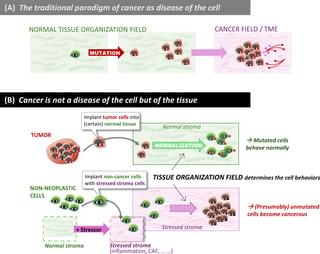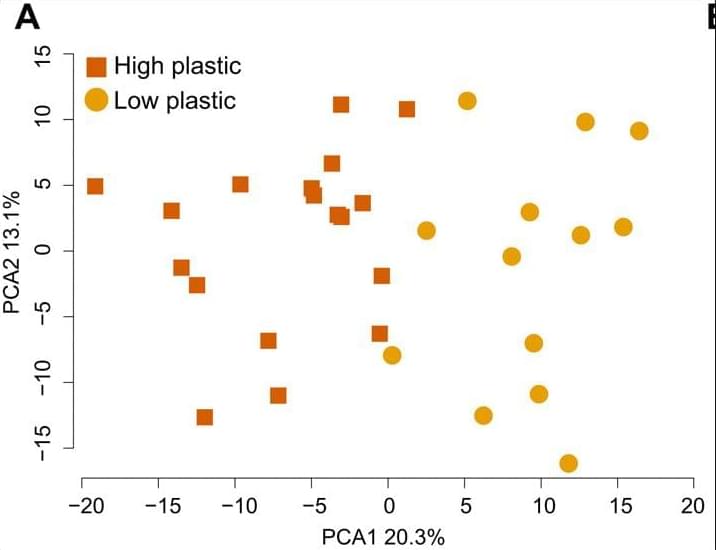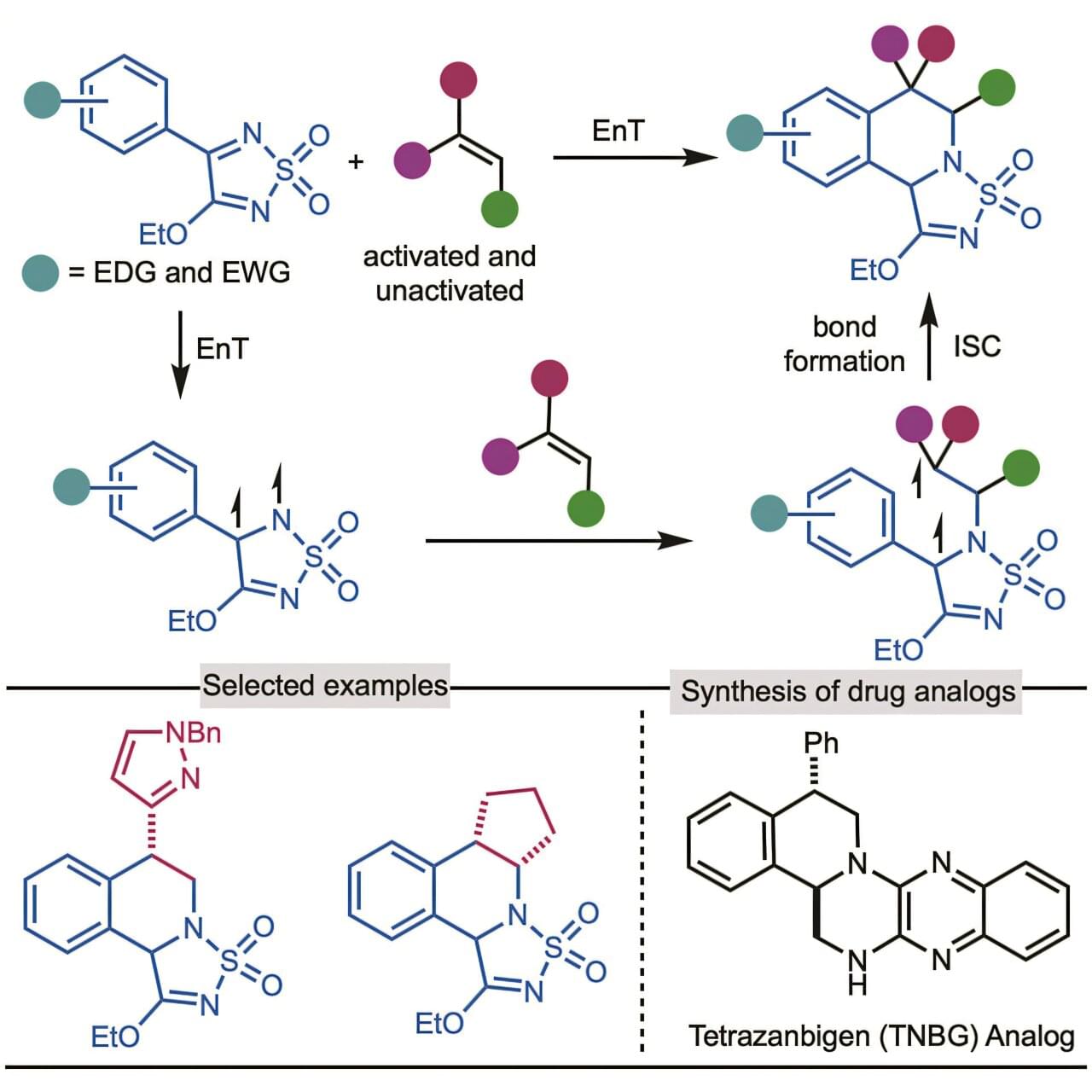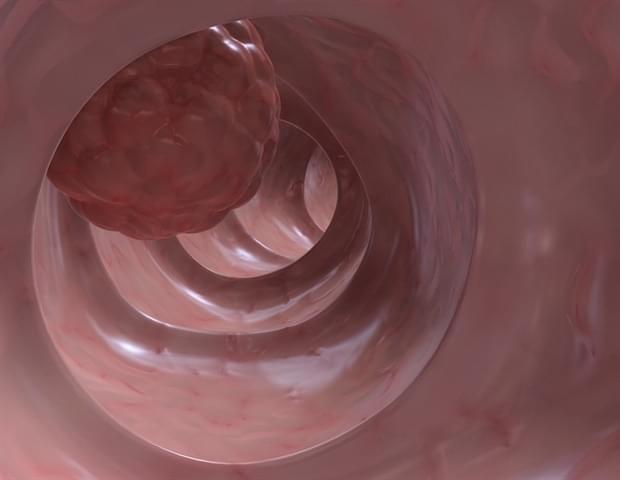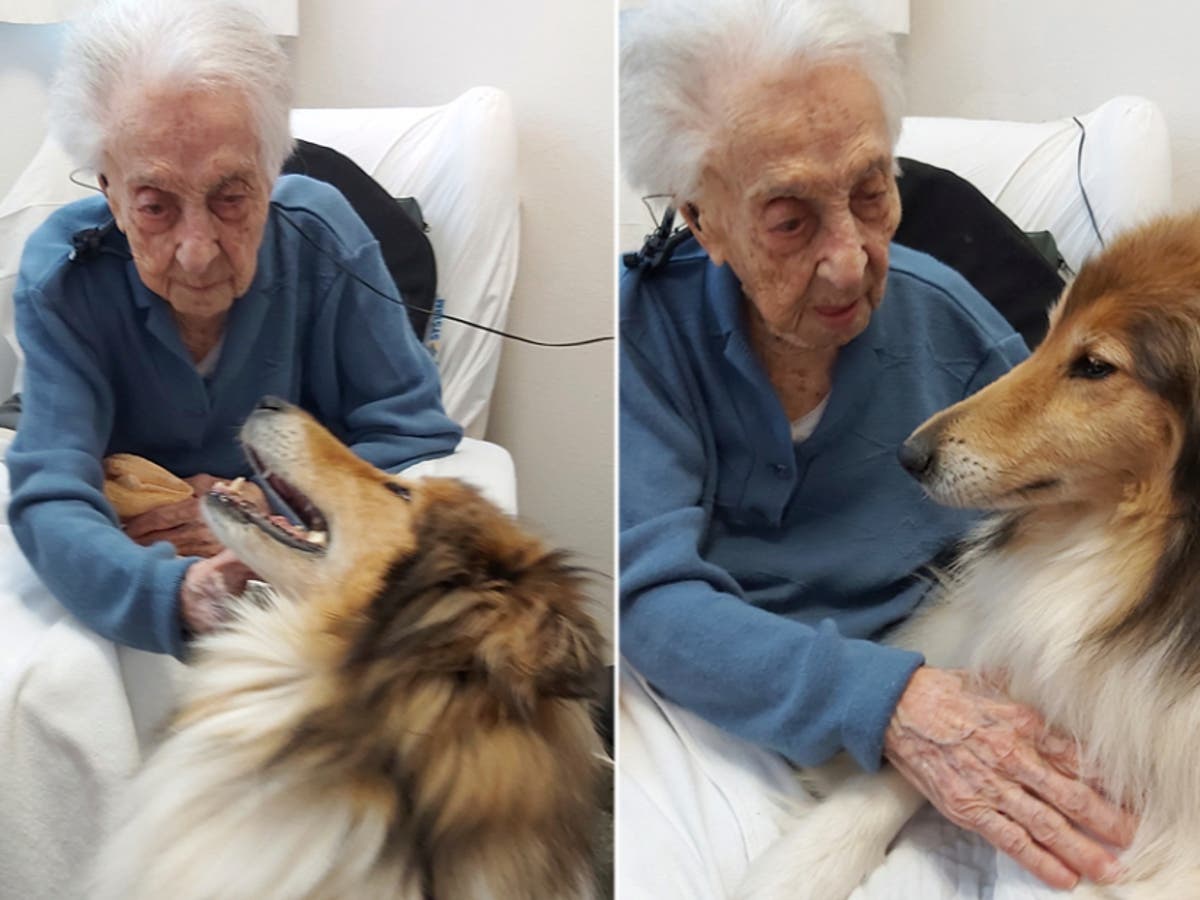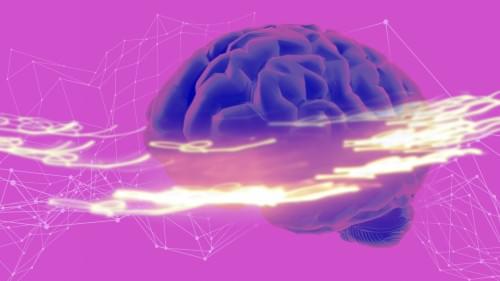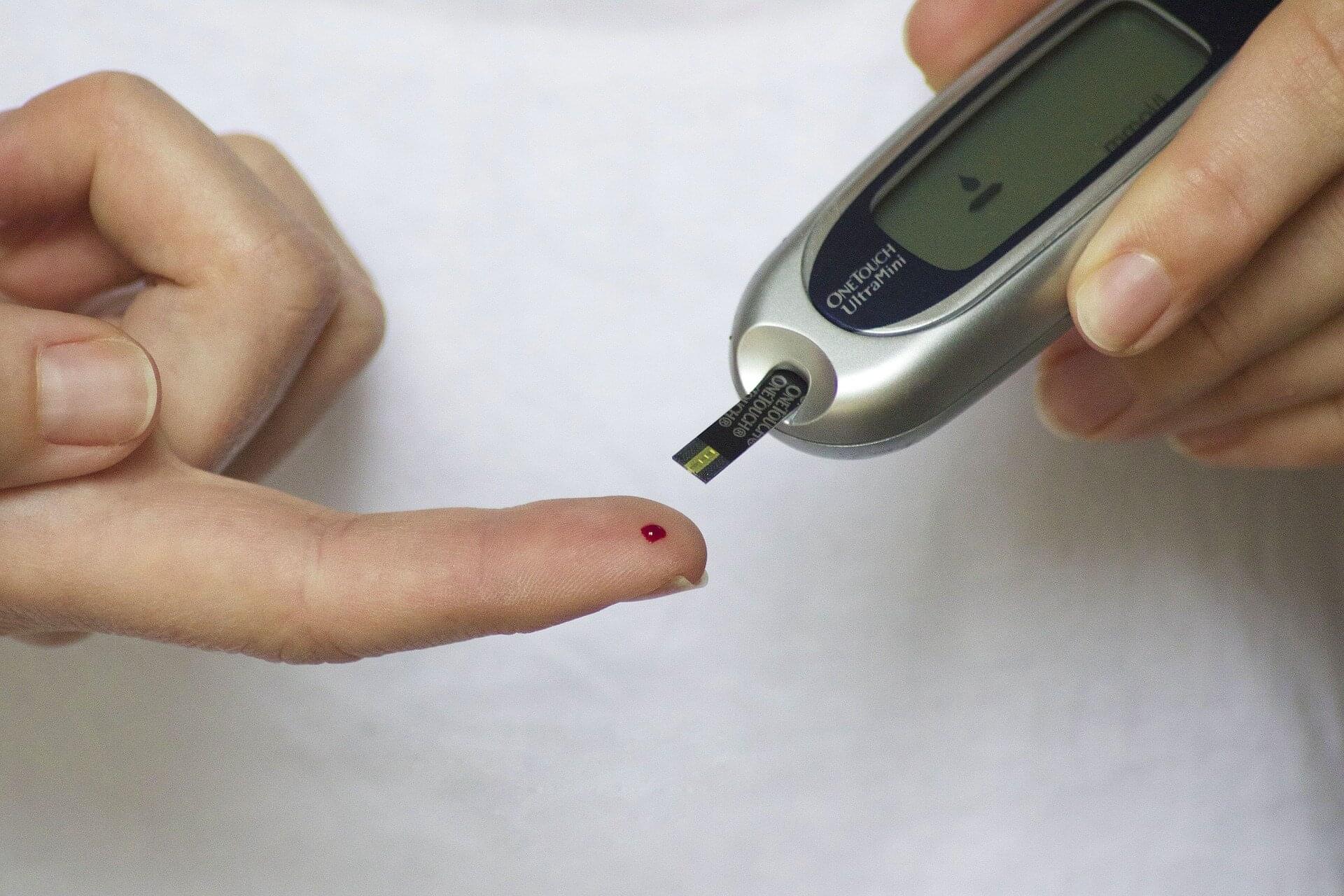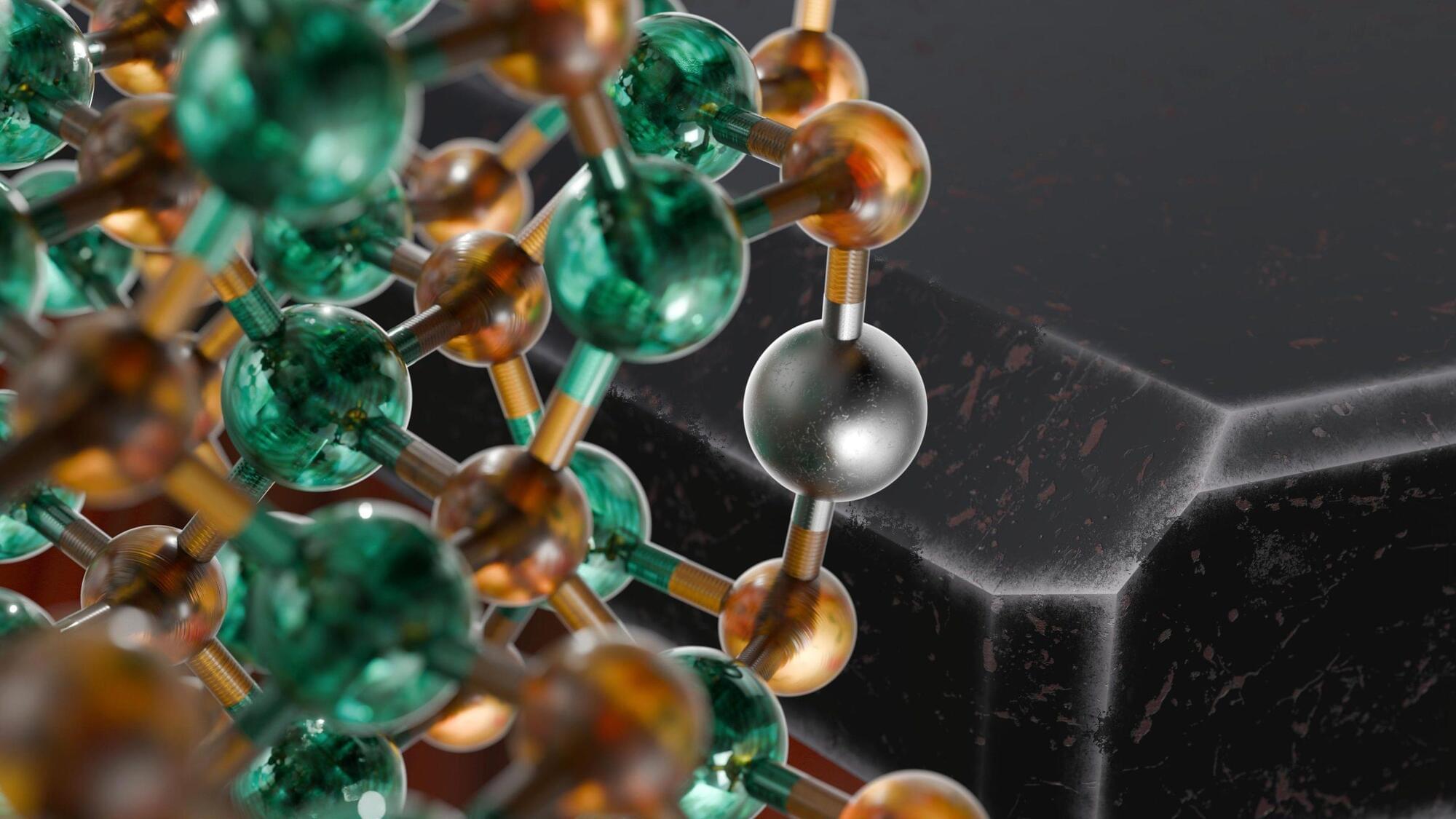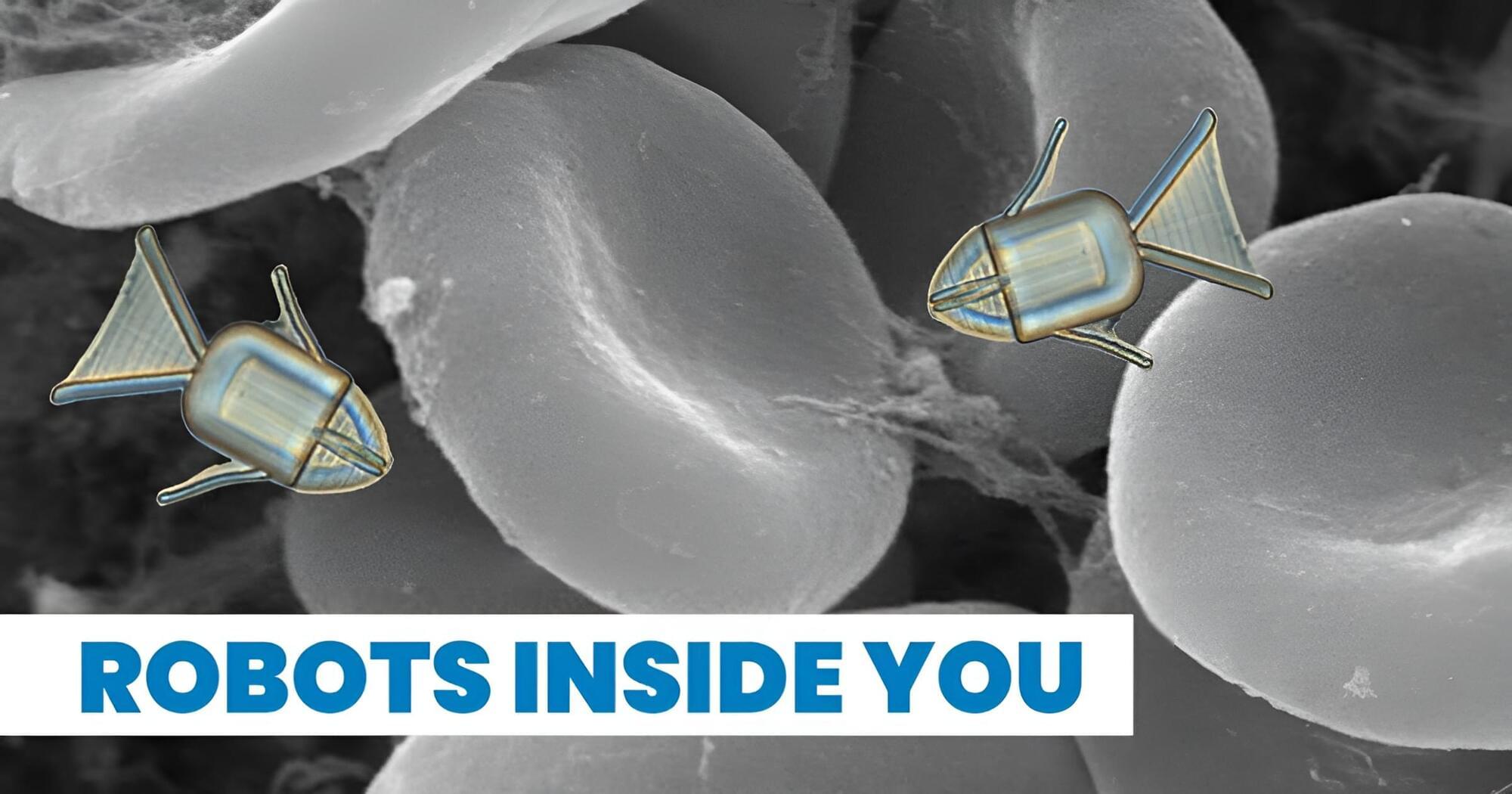Genome sequencing of cancer and normal tissues, alongside single-cell transcriptomics, continues to produce findings that challenge the idea that cancer is a ‘genetic disease’, as posited by the somatic mutation theory (SMT). In this prevailing paradigm, tumorigenesis is caused by cancer-driving somatic mutations and clonal expansion. However, results from tumor sequencing, motivated by the genetic paradigm itself, create apparent ‘paradoxes’ that are not conducive to a pure SMT. But beyond genetic causation, the new results lend credence to old ideas from organismal biology. To resolve inconsistencies between the genetic paradigm of cancer and biological reality, we must complement deep sequencing with deep thinking: embrace formal theory and historicity of biological entities, and (re)consider non-genetic plasticity of cells and tissues. In this Essay, we discuss the concepts of cell state dynamics and tissue fields that emerge from the collective action of genes and of cells in their morphogenetic context, respectively, and how they help explain inconsistencies in the data in the context of SMT.
Citation: Huang S, Soto AM, Sonnenschein C (2025) The end of the genetic paradigm of cancer. PLoS Biol 23: e3003052. https://doi.org/10.1371/journal.pbio.
Copyright: © 2025 Huang et al. This is an open access distributed under the terms of the Creative Commons Attribution License, which permits unrestricted use, distribution, and reproduction in any medium, provided the original author and source are credited.
